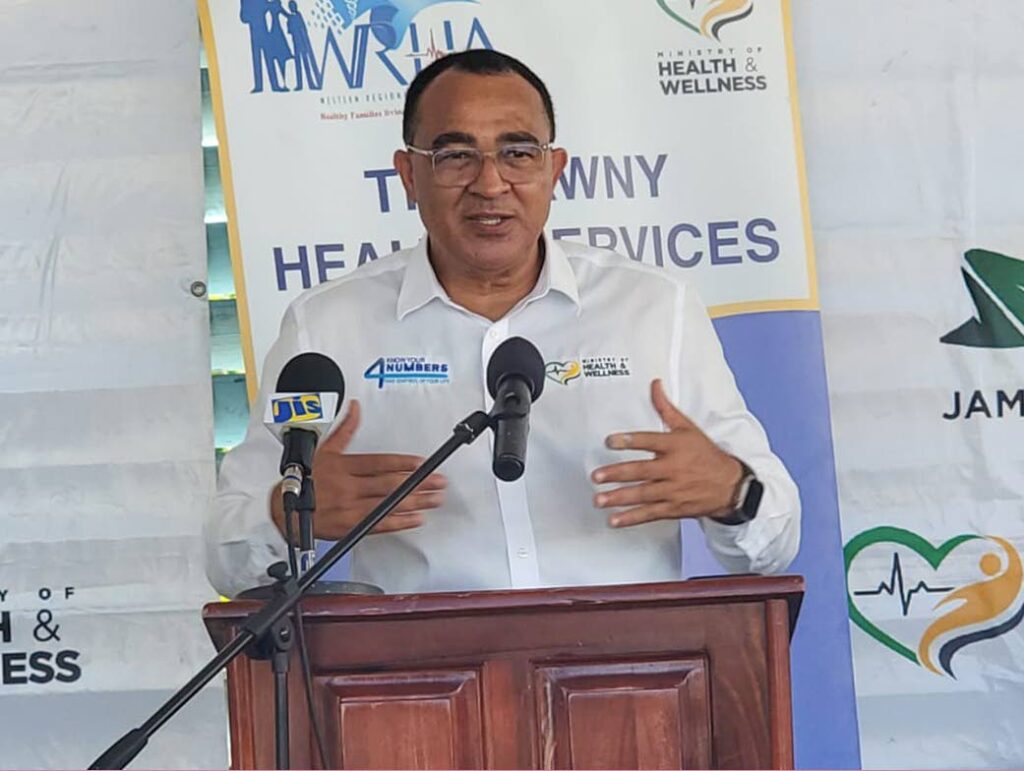Milei's Healthcare Cuts: What Argentina's New Approach Means for Public Health

Argentina's Healthcare System Faces Radical Overhaul Under Milei
Argentina's public healthcare system has long been a cornerstone of social welfare, providing comprehensive, free coverage to citizens unable to afford private insurance. However, President Javier Milei's administration is implementing dramatic changes, cutting funding and dismantling key federal health agencies. This shift has sparked widespread concern and debate about the future of healthcare access for millions of Argentinians.
The Legacy of Argentina's Public Health System
For decades, Argentina's sistema de salud pública (public health system) has been a point of national pride. Rooted in a commitment to social justice, it aimed to ensure that all citizens, regardless of income, had access to essential medical services. This included everything from routine check-ups and vaccinations to complex surgeries and specialized treatments. The system was largely funded by national taxes and administered by provincial governments, with federal agencies providing oversight and coordination.
Milei's Austerity Measures: A Deep Dive
President Milei, known for his libertarian economic policies, has pledged to drastically reduce government spending. His administration’s recent actions have targeted several key federal health agencies, including the Administración Nacional de la Seguridad Social (ANSeS) and the Instituto Nacional del Seguro de Salud (INSS). These cuts involve significant reductions in funding, personnel layoffs, and the closure of some facilities. The stated goal is to streamline the system, eliminate inefficiencies, and reduce the fiscal burden on the state.
The Impact on Argentinians: Fears and Concerns
The immediate consequence of these cuts is uncertainty and anxiety among Argentinians. Many worry that access to healthcare will be severely curtailed, particularly for vulnerable populations. Critics argue that the reforms will disproportionately affect low-income individuals, rural communities, and those with pre-existing medical conditions. There are fears that essential services will be unavailable or delayed, leading to poorer health outcomes and increased mortality rates.
What Does the Future Hold?
The long-term implications of Milei's healthcare reforms remain to be seen. The government insists that it is committed to ensuring a basic level of healthcare for all citizens, even as it restructures the system. However, the details of this new approach are still unclear. Some proposals involve greater reliance on private healthcare providers and increased user fees, which could create a two-tiered system where access is determined by ability to pay. The debate is ongoing, with healthcare professionals, patient advocacy groups, and political opponents fiercely challenging the reforms.
Key Questions Remain:
- How will the government ensure access to essential medicines and treatments?
- What safety nets will be in place for vulnerable populations?
- Will the private healthcare sector be able to absorb the increased demand?
The changes represent a fundamental shift in Argentina's approach to healthcare, and the coming months will be crucial in determining whether these reforms achieve their stated goals without compromising the health and well-being of the nation.






